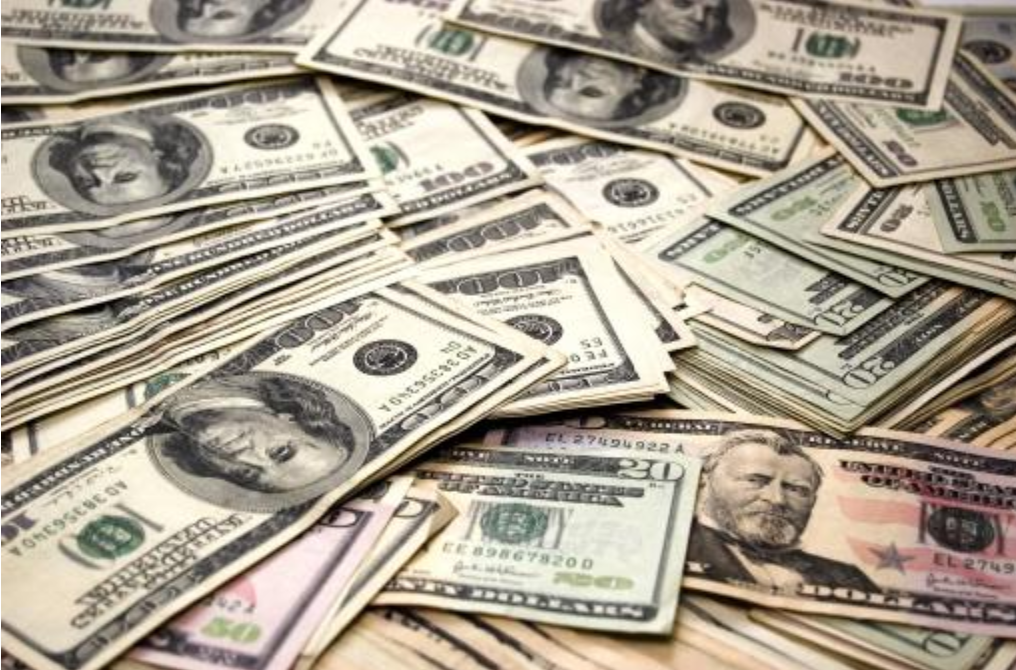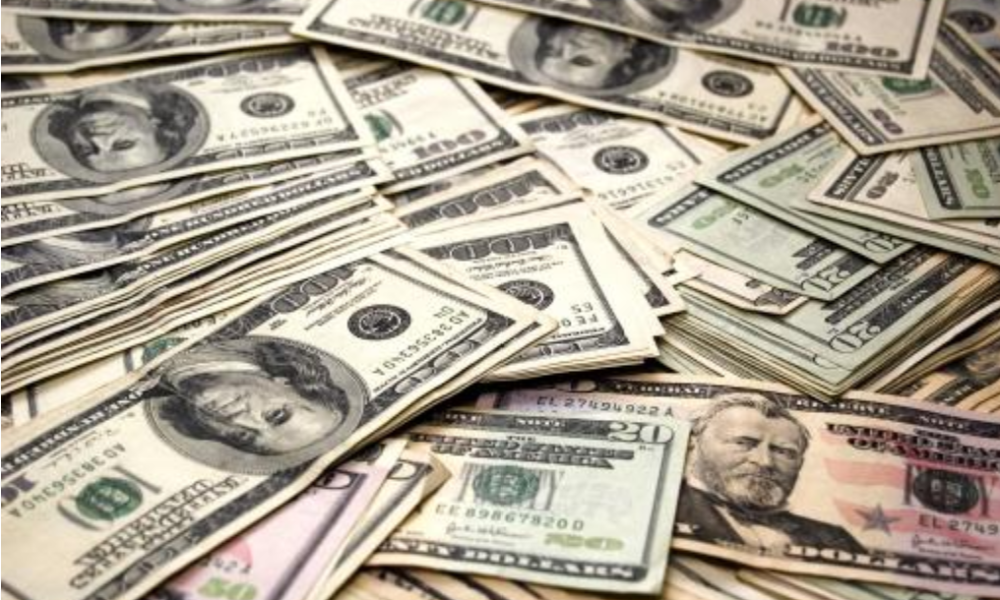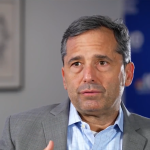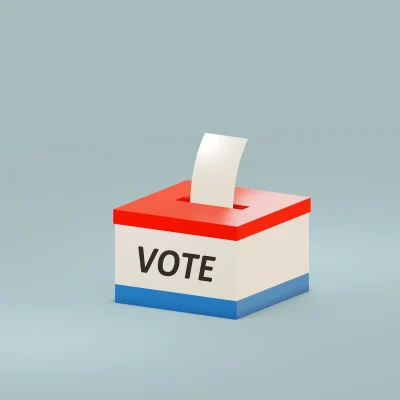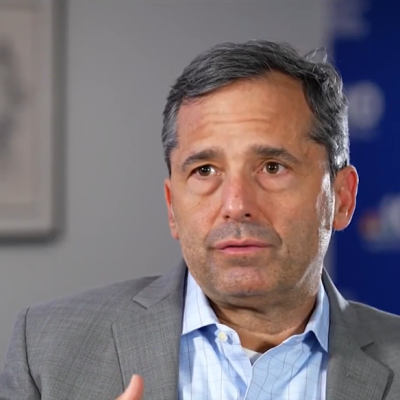The Battle for Boston: Where is the campaign money coming from?
One might expect a political campaign to be funded by those with skin in the game– those who live where the election takes place. But in our hypercompetitive political landscape, this is not always the case, especially not in November’s upcoming mayoral election in Boston.
The Republican Party has not held the office of mayor since 1930, which was when Malcolm Nichols left office. But even in this stronghold of liberalism, Incumbent Mayor Michelle Wu faces heavy opposition from a wealthy candidate, democrat Josh Kraft, with no political history in Boston. He is far from progressive due to his militant support of Israel. According to WBUR, he has donated to pro-Trump candidates for the sake of supporting Israel’s genocide in Gaza.
With Republicans controlling the house, senate, and supreme court it is unsurprising that democrats are pushing forward more “moderate” candidates. Ads are being pelted around left and right, or perhaps more accurately thrown around specifically right; this is because Kraft and his sponsors have fundraised almost three times that of Wu– 3.2 million dollars, 2/3rds of which coming from out-of-state funding, two million being directly deposited by Kraft himself and contributions being made by far less people than there were to Wu, according to the Massachusetts Office of Campaign and Political Finance.
This begs the question of what elevates an election from being a local concern to a national one. When most of the funding is coming from non-Bostonians, it is hard to call it a Boston election.
Part of this money goes towards advertisements on television and social media largely attacking Mayor Wu’s renovation of white stadium and addition of bike lanes, blaming them for issues in education and traffic respectively, according to CBS News.
Wu has made a point of expanding bike accessibility in Boston, and recently had White Stadium transformed into a public stadium used by a professional soccer team. She has also been accused in these advertisements of not listening to local communities or her opposition.
As called to attention by CBS News, data by INRIx used by these advertisements to blame bike lanes for severe traffic congestion actually indicates that traffic has gotten less severe.
Regardless, heavy investments into advertising are not enough to sway everyone. A recent poll of 500 likely voters by Suffolk University and the Boston Globe has Wu standing at a 30 point lead, suggesting that her popularity is largely unhindered by the city’s issues.
Only time will tell whether Wu’s impressive lead will stand strong when polls open.
